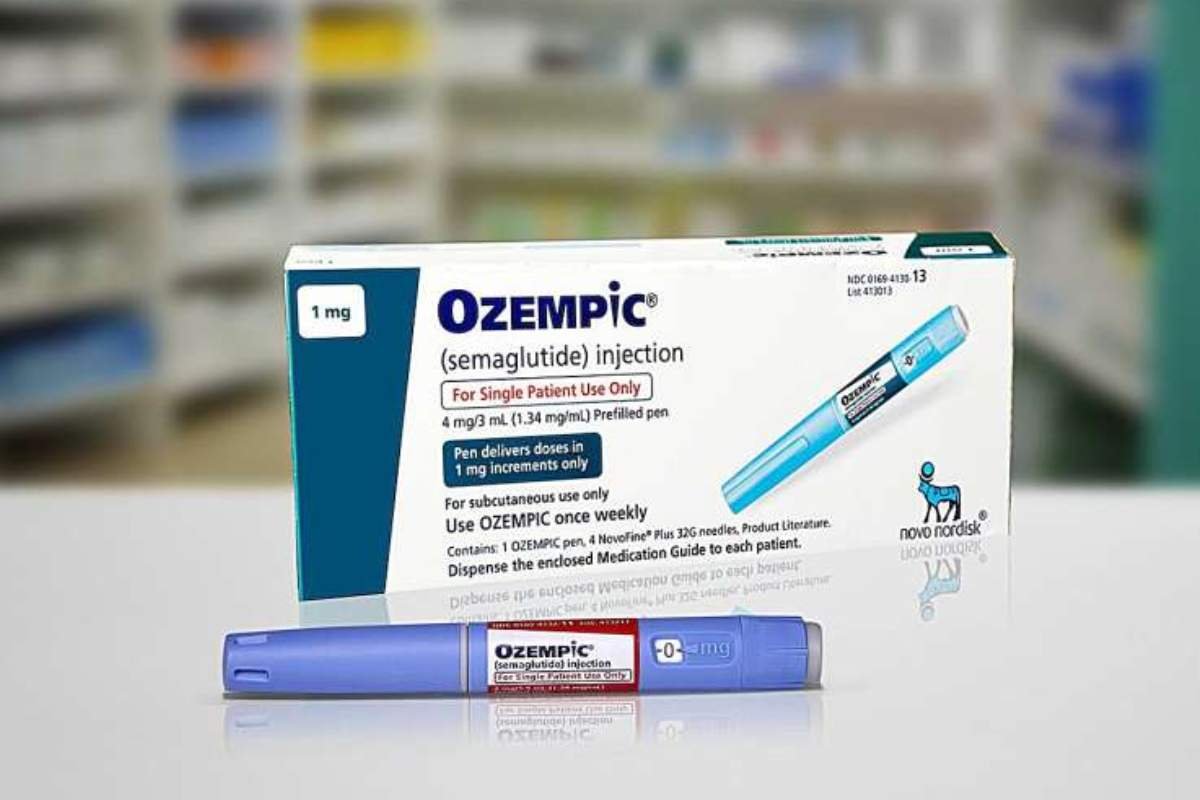(Source-CDC)
The Centers for Disease Control and Prevention (CDC) has issued a new warning about a dramatic increase in dengue virus infections, with a “record-breaking number” of cases reported across the Americas. From January 1 to June 24 of this year, over 9.7 million dengue cases have been recorded, more than doubling the 4.6 million infections reported throughout 2023, according to the CDC.
Unprecedented Global Incidence in 2024
“Global incidence of dengue in 2024 has been the highest on record for this calendar year,” the CDC stated. “Many countries are reporting higher-than-usual dengue case numbers. In 2024, countries in the Americas have reported a record-breaking number of dengue cases, exceeding the highest number ever recorded in a single year.” The CDC describes dengue virus as the “most common” mosquito-borne disease globally.
In the U.S., Florida has reported the most dengue cases so far this year with 197, followed by New York with 134, Massachusetts with 50, and California with 40. The CDC notes that six U.S. territories and freely associated states are classified as areas with frequent or continuous dengue transmission: Puerto Rico, American Samoa, the U.S. Virgin Islands, the Federated States of Micronesia, the Republic of the Marshall Islands, and the Republic of Palau.
Symptoms and Severity of Dengue Virus
According to the CDC, one in every four dengue infections are symptomatic, with symptoms including fever, nausea, vomiting, rash, muscle aches, joint pain, bone pain, pain behind the eyes, headache, or low white blood cell counts. “Severe disease, with associated severe bleeding, shock or respiratory distress caused by plasma leakage, or end-organ impairment, develops in 1 in 20 people with symptomatic dengue,” the CDC reports.
Infants under the age of one, pregnant women, and adults over the age of 65 are at an “increased risk of severe dengue.” The CDC also highlights that “transmission peaks during the warmer and wetter months in many tropical and subtropical regions.”
Recommendations for Infected Individuals
The CDC advises people infected with dengue to rest, take acetaminophen for pain and fever, stay hydrated, and consult a doctor. The health agency underscores the importance of seeking medical attention, particularly for those in high-risk groups, to manage symptoms and prevent severe complications.
The unprecedented rise in dengue cases underscores the need for increased vigilance and preventive measures, particularly in regions where the dengue virus is endemic. The CDC’s warning serves as a crucial reminder of the importance of mosquito control and public health initiatives to combat the spread of dengue.










